
Top 5 VLSI Certification Courses for Beginners
Jan 31, 2025 5 Min Read 7062 Views
(Last Updated)
The semiconductor industry’s growth has created a huge demand for skilled VLSI designers. A VLSI course online has become more valuable than before. Modern semiconductor design lets companies integrate millions of transistors onto a single chip that powers everything from smartphones to supercomputers.
The right VLSI certification courses can speed up your entry into this thriving field by a lot. Many aspiring chip designers now prefer job-oriented programs. These programs blend detailed theoretical knowledge with practical training – exactly what semiconductor companies look for.
Hence I have drafted this list of the top 5 VLSI certification courses for beginners that will help you master all that you need to know in order to become a revered chip designer.
Table of contents
- What is VLSI Design and Why is it a Trending Career?
- Key Components of VLSI Design:
- Why VLSI Design is a Trending Career
- Why Beginners Should Pursue VLSI Certification
- Top 5 VLSI Certification Courses for Beginners
- 1) GUVI's VLSI Design flagship course
- 2) Advanced VLSI Design by Maven Silicon
- 3) IISc-TalentSprint VLSI chip design course
- 4) Coursera VLSI Design Specialization
- 5) Synopsys Purple Certification
- Concluding Thoughts…
- FAQs
- Which field of VLSI is best?
- Is VLSI a high-paid job?
- Does Google hire VLSI engineers?
- What is the full form of VLSI?
- What are the three types of VLSI?
What is VLSI Design and Why is it a Trending Career?
VLSI (Very Large Scale Integration) design refers to the process of crafting complex integrated circuits (ICs) by embedding millions or billions of transistors onto a single microchip. This intricate design process underpins nearly all modern electronic devices, including smartphones, laptops, AI processors, and IoT devices.
VLSI design is the backbone of semiconductor manufacturing, enabling the development of high-performance and energy-efficient chips critical for technological advancements.
Key Components of VLSI Design:
- Design Process: VLSI design involves multiple stages, including front-end design (logic design, RTL coding, simulation) and back-end design (physical implementation, layout, and verification). Front-end ensures the chip’s logical functionality, while back-end focuses on its physical placement and performance.
- EDA Tools: Engineers rely on Electronic Design Automation (EDA) tools like Synopsys, Cadence, and Mentor Graphics to automate tasks like circuit design, simulation, and layout optimization, reducing development time.
- Fabrication: Once the design is complete, the chip undergoes fabrication in a foundry using advanced lithography techniques to etch the circuits onto silicon wafers. This step is critical for creating reliable, scalable chips.
Why VLSI Design is a Trending Career
- Growing Demand for Semiconductor Experts: With the rise of AI, IoT, 5G, and autonomous vehicles, the need for advanced semiconductor chips is soaring. India, for instance, is projected to create over 200,000 VLSI jobs by 2030 due to global investments in the semiconductor sector.
- Booming Semiconductor Industry: Initiatives like India’s Semiconductor Mission and billion-dollar investments by Intel, TSMC, Samsung, and Qualcomm are boosting the industry. Countries like Taiwan and the US remain global hubs for chip manufacturing.
- Lucrative Career Opportunities: VLSI engineers in India earn competitive salaries, with freshers earning around ₹6–10 LPA and experienced professionals earning over ₹25–40 LPA, depending on expertise and role.
- Opportunities for Innovation: Engineers work on cutting-edge technologies, such as neural networks, AI accelerators, and quantum computing chips, pushing the boundaries of innovation.
- Global Career Potential: With global tech hubs in Bengaluru, Silicon Valley, Taiwan, and South Korea actively hiring, VLSI professionals have opportunities to work in high-impact roles worldwide.
Why Beginners Should Pursue VLSI Certification
VLSI certification courses provide foundational knowledge in logic design, HDL programming (Verilog, VHDL), and physical design techniques. These certifications also include hands-on training in EDA tools and real-world projects, making them essential for gaining industry-ready skills and hence they will help you in securing well-paying roles in the thriving semiconductor industry.
Top 5 VLSI Certification Courses for Beginners
For beginners, acquiring VLSI certifications is a crucial step to building foundational skills in chip design and securing lucrative roles in the booming semiconductor industry. Hence, now we will be discussing the top 5 certification courses that every beginner should have a look into before starting your journey into mastering VLSI design.
1) GUVI’s VLSI Design flagship course
GUVI’s flagship VLSI Design course is crafted for both beginners and professionals aiming to build a career in chip design and semiconductor technology. This interactive program provides hands-on experience with industry-standard tools and methodologies. The course is highly recommended for learners like you seeking practical insights and a structured learning path in VLSI design.
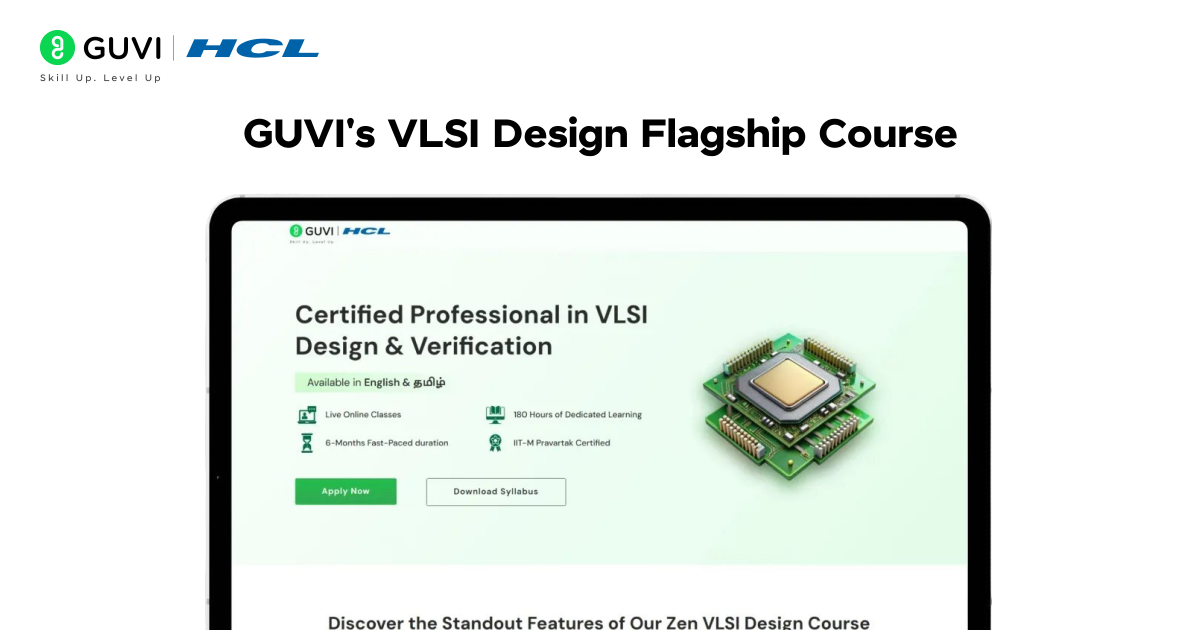
Course Content: The course covers foundational topics like digital logic design, RTL (Register Transfer Level) coding, and synthesis. It progresses into advanced areas such as functional verification, static timing analysis, and ASIC design methodologies. GUVI emphasizes project-based learning, ensuring students apply concepts in real-world scenarios using tools like Verilog and SystemVerilog.
Key Features:
- Comprehensive coverage of VLSI design flow, from basics to advanced.
- Hands-on projects using industry-standard tools.
- Lifetime access to course materials for continued learning.
- Regular assessments and feedback to track progress.
- Guidance on building a job-ready portfolio.
What You’ll Learn: You will gain a deep understanding of designing and verifying integrated circuits and master concepts like RTL design, gate-level simulation, and timing analysis, enabling you to handle real-world chip design challenges. The course also provides exposure to debugging techniques and optimization strategies for high-performance designs.
Certification: Yes, participants receive a GUVI certification in VLSI Design, recognized in the semiconductor industry.
Price: ₹90,000
Course Link: GUVI’s VLSI Design course
2) Advanced VLSI Design by Maven Silicon
Maven Silicon offers a specialized Advanced VLSI Design course tailored for aspirants keen on mastering RTL coding and functional verification. This program bridges the gap between theoretical concepts and practical application in chip design.
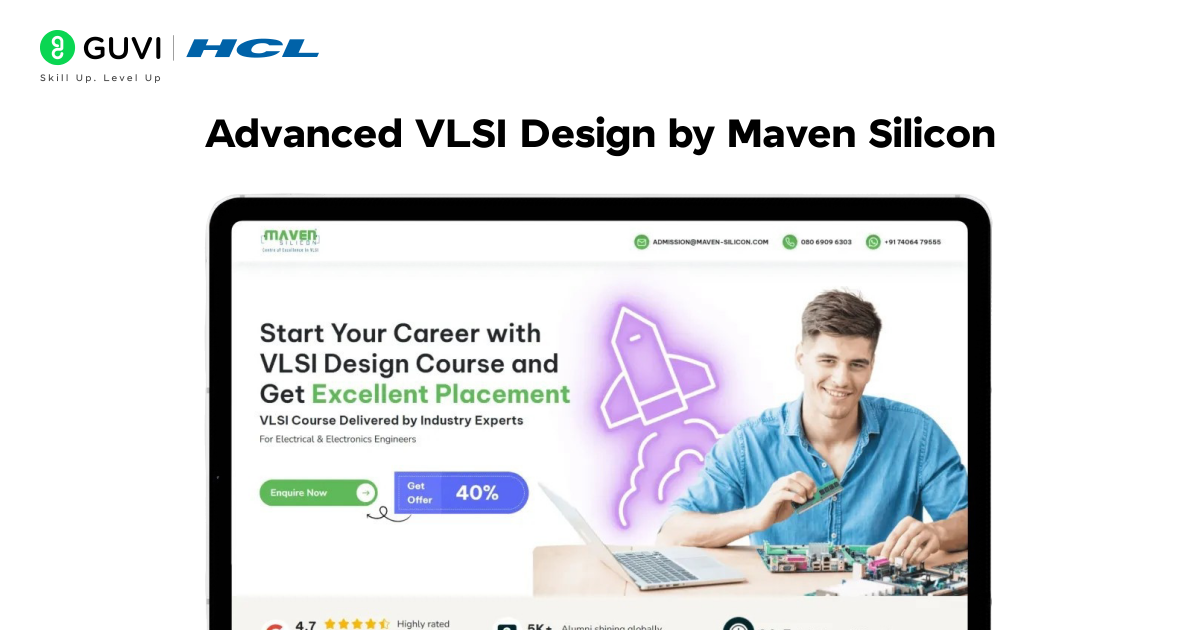
Course Content: The course begins with the fundamentals of digital electronics and gradually dives into RTL synthesis, UVM (Universal Verification Methodology), and functional verification. You will get hands-on experience with advanced simulation tools like Mentor Graphics QuestaSim and Synopsys VCS. The curriculum includes real-world case studies to enhance your problem-solving skills.
Key Features:
- Focused on RTL design and verification.
- Extensive practical sessions with leading simulation tools.
- Includes a capstone project on end-to-end VLSI design flow.
- Access to industry experts through webinars and live sessions.
- Placement support and resume-building assistance.
What You’ll Learn: You will develop expertise in designing, simulating, and verifying digital circuits. The course imparts skills in writing testbenches, debugging, and adhering to industry-standard verification methodologies. It’s designed to prepare you for roles in verification and design engineering.
Certification: Yes, Maven Silicon provides an industry-recognized Advanced VLSI Design certification.
Price: ₹75,000
Course Link: Advanced VLSI Design by Maven Silicon
3) IISc-TalentSprint VLSI chip design course
This program is a collaboration between IISc Bangalore and TalentSprint, aimed at professionals and students interested in semiconductor design. It blends academic rigor with practical industry insights, making it ideal for those aspiring to work in chip design.
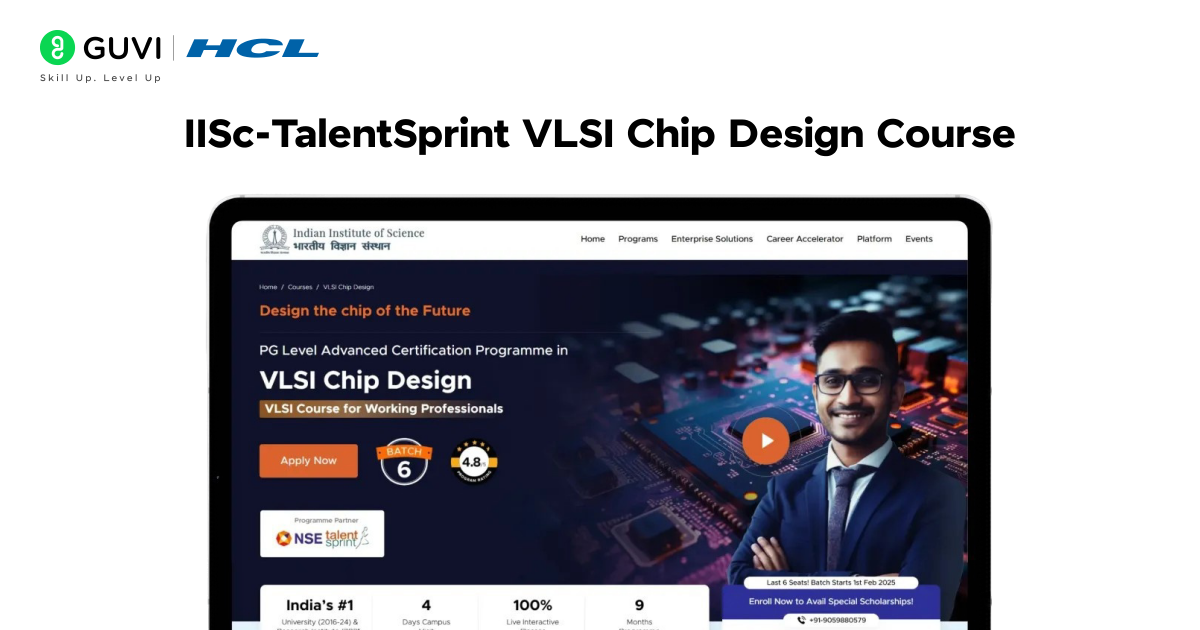
Course Content: The course covers semiconductor fundamentals, CMOS design, and HDL programming. It delves into chip fabrication processes, power analysis, and layout design. You will be working with advanced tools like Cadence Virtuoso and Synopsys Design Compiler to gain hands-on experience.
Key Features:
- Designed by IISc faculty and industry veterans.
- Covers both front-end and back-end VLSI design.
- Includes real-world projects on chip design and verification.
- Offers a hybrid learning model (online and in-person sessions).
- Dedicated mentorship and career guidance.
What You’ll Learn: You will gain a holistic understanding of chip design processes, from logic synthesis to physical layout. The program equips you with the technical skills required to handle complex VLSI projects and prepares them for semiconductor roles in leading companies.
Certification: Yes, a joint certification from IISc and TalentSprint is awarded.
Price: ₹2,80,000 (Scholarships available)
Course Link: IISc-TalentSprint VLSI chip design course
4) Coursera VLSI Design Specialization
Coursera’s VLSI Design Specialization is a beginner-friendly program that introduces learners to the fundamentals of VLSI systems. Offered by leading universities, it’s a flexible, self-paced course perfect for students and professionals seeking an introduction to chip design.
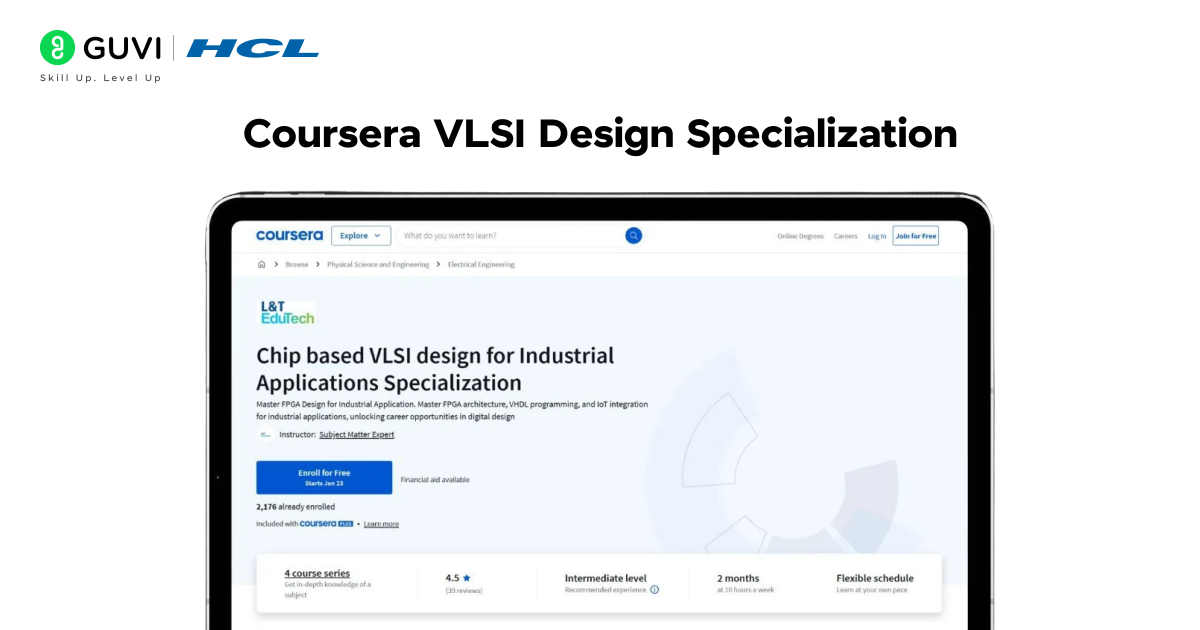
Course Content: The specialization includes modules on digital logic design, CMOS fundamentals, and HDL programming. It also explores VLSI fabrication techniques and verification methodologies. You can choose additional electives on analog design or advanced CMOS processes.
Key Features:
- Modular structure for flexible learning.
- Includes real-world projects and quizzes for practice.
- Taught by top university professors.
- Compatible with tools like Xilinx Vivado and ModelSim.
- Lifetime access to course resources.
What You’ll Learn: You will build foundational knowledge in designing and fabricating VLSI systems. The course introduces you to simulation tools and teaches basic debugging and optimization techniques. It’s ideal for transitioning to more advanced VLSI studies.
Certification: Yes, a Coursera specialization certificate is provided upon completion.
Price: ₹15,000
Course Link: Coursera VLSI Design Specialization
5) Synopsys Purple Certification
The Synopsys Purple Certification program is a professional-grade training course aimed at VLSI engineers and designers. This certification is recognized globally and focuses on using Synopsys tools for high-performance chip design.
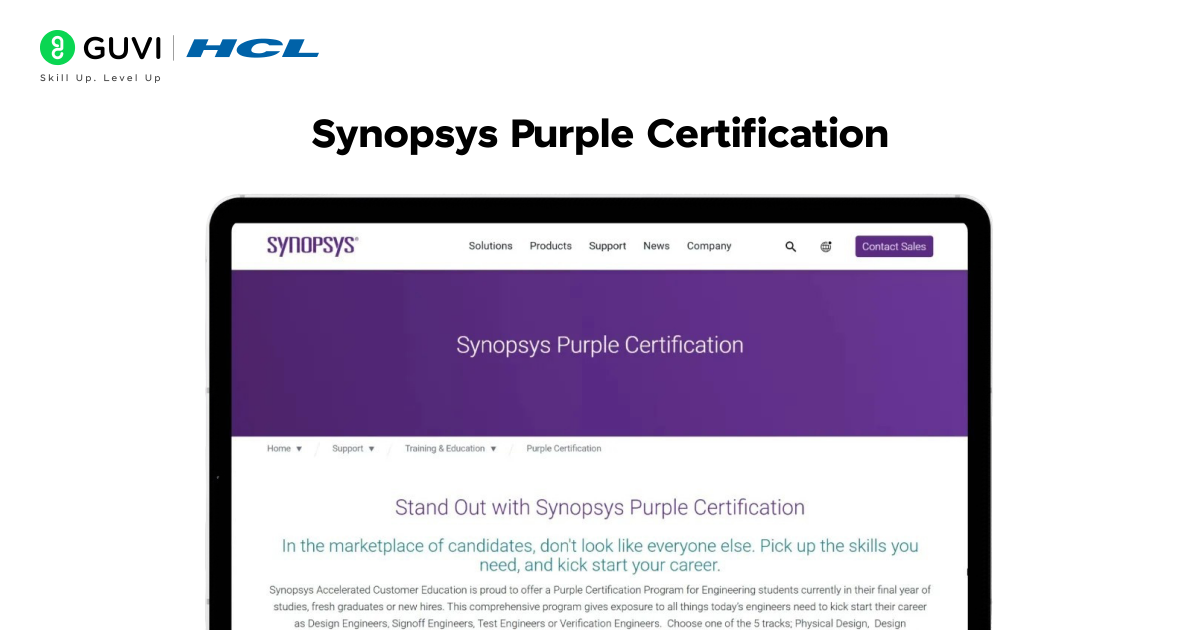
Course Content: The program covers topics like RTL synthesis, timing analysis, and DFT (Design for Testability). It also includes advanced modules on low-power design and multi-core architecture. You will get hands-on experience with Synopsys tools like Design Compiler and PrimeTime.
Key Features:
- Industry-recognized certification from Synopsys.
- Focus on advanced chip design and testing techniques.
- Hands-on training with Synopsys EDA tools.
- Opportunities to work on real-world VLSI design challenges.
- Access to Synopsys’ global network of experts.
What You’ll Learn: You will gain proficiency in using Synopsys tools for RTL design, timing analysis, and chip testing. The course prepares you for technical roles in design and verification engineering.
Certification: Yes, participants receive the Synopsys Purple Certification.
Price: ₹2,00,000
Course Link: Synopsys Purple Certification
Concluding Thoughts…
In the rapidly evolving and highly trending world of semiconductors, choosing the right certification course can set you on the path to a rewarding and impactful career in VLSI design. The courses highlighted in this article provide a strong foundation for beginners, combining theoretical rigor with hands-on training in industry-standard tools and methodologies.
Invest in one of these certifications today, and take the first step towards becoming a highly sought-after VLSI professional in India and beyond. And as we conclude, I hope this article has eased your decision-making process even if just a little and if you have any doubts, reach out to us through the comments section below.
FAQs
The best field in VLSI depends on your interests. Popular areas include Physical Design, Verification, RTL Design, and Analog Design. Physical Design and Verification are in high demand.
Yes, VLSI offers high-paying jobs. Entry-level engineers earn ₹5–8 LPA in India, while experienced professionals can earn ₹15–30 LPA or more.
Yes, Google hires VLSI engineers, primarily for roles in hardware design and chip development for its devices and data centers.
The full form of VLSI is Very Large Scale Integration.
The three types of VLSI are Digital VLSI, Analog VLSI, and Mixed-Signal VLSI.

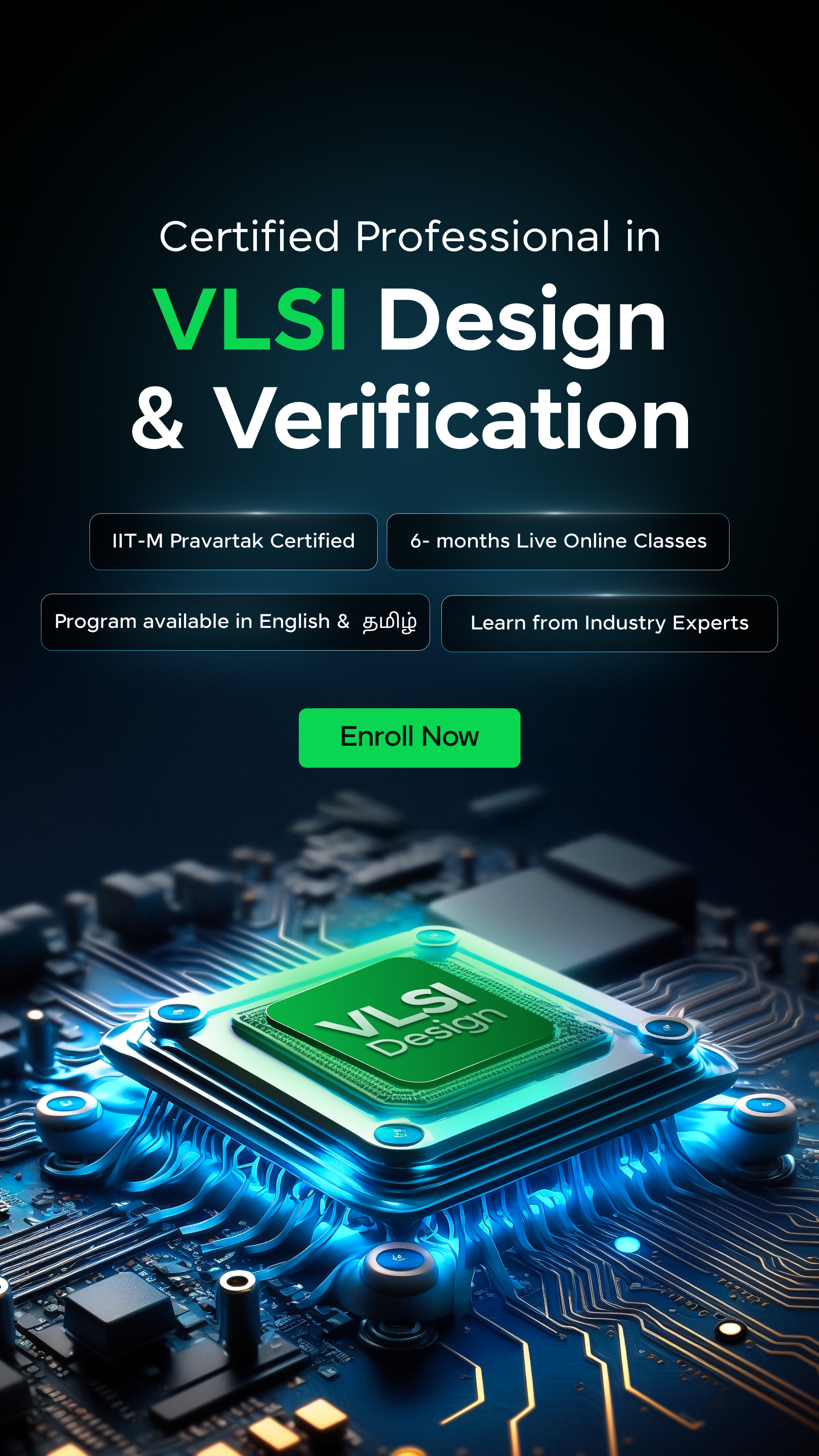



















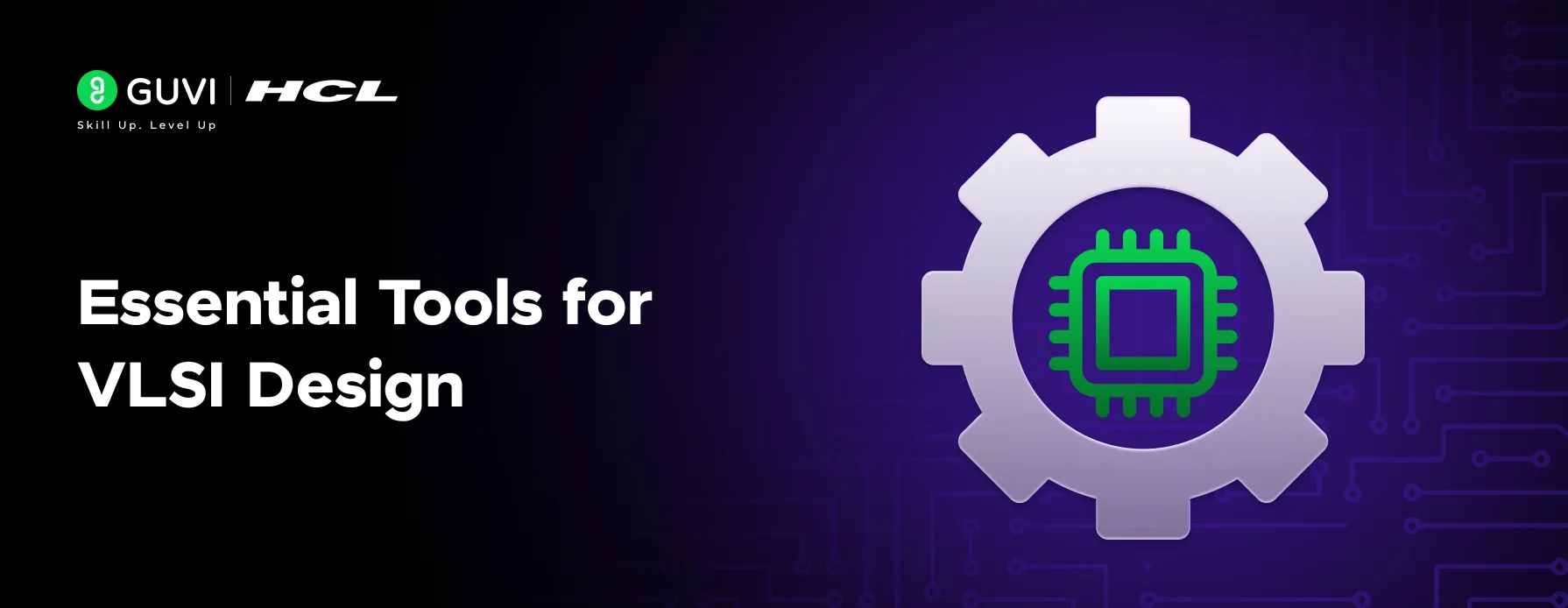
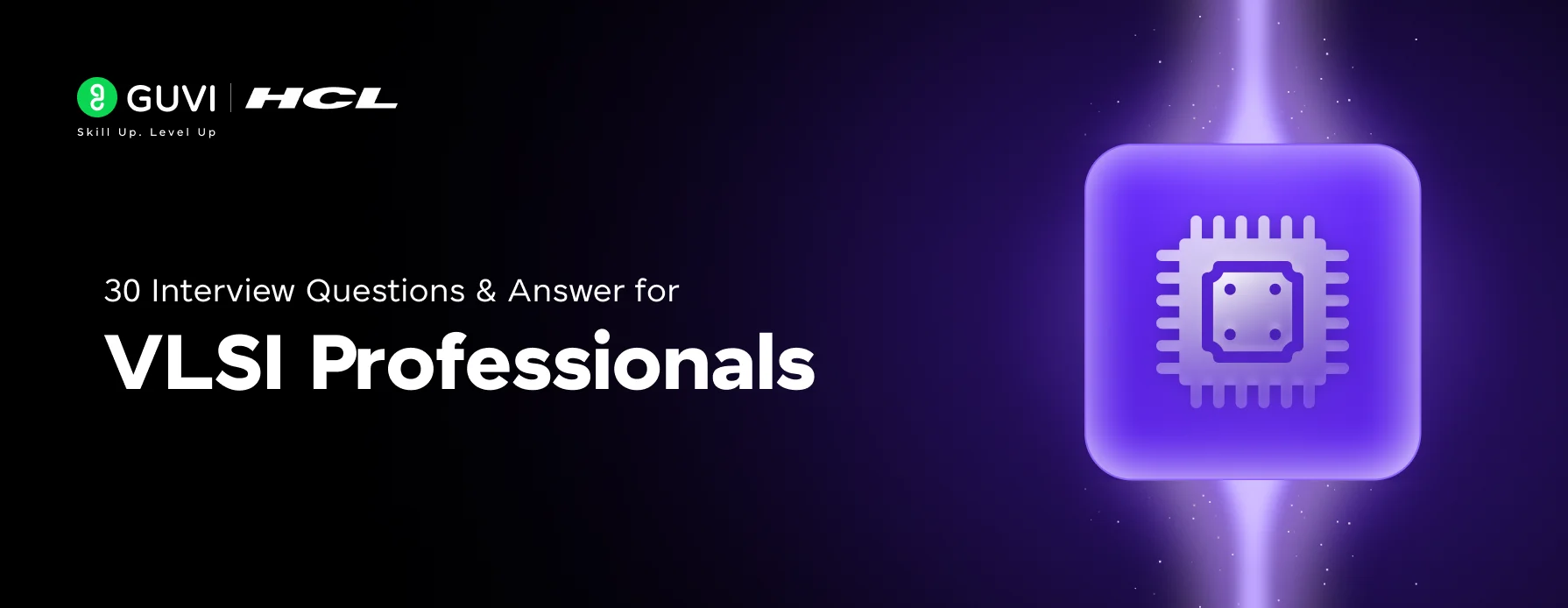
![Top 8 VLSI Design Job Roles [2025] 9 vlsi design job roles](https://www.guvi.in/blog/wp-content/uploads/2025/03/Top-8-VLSI-Design-Job-Roles.png)
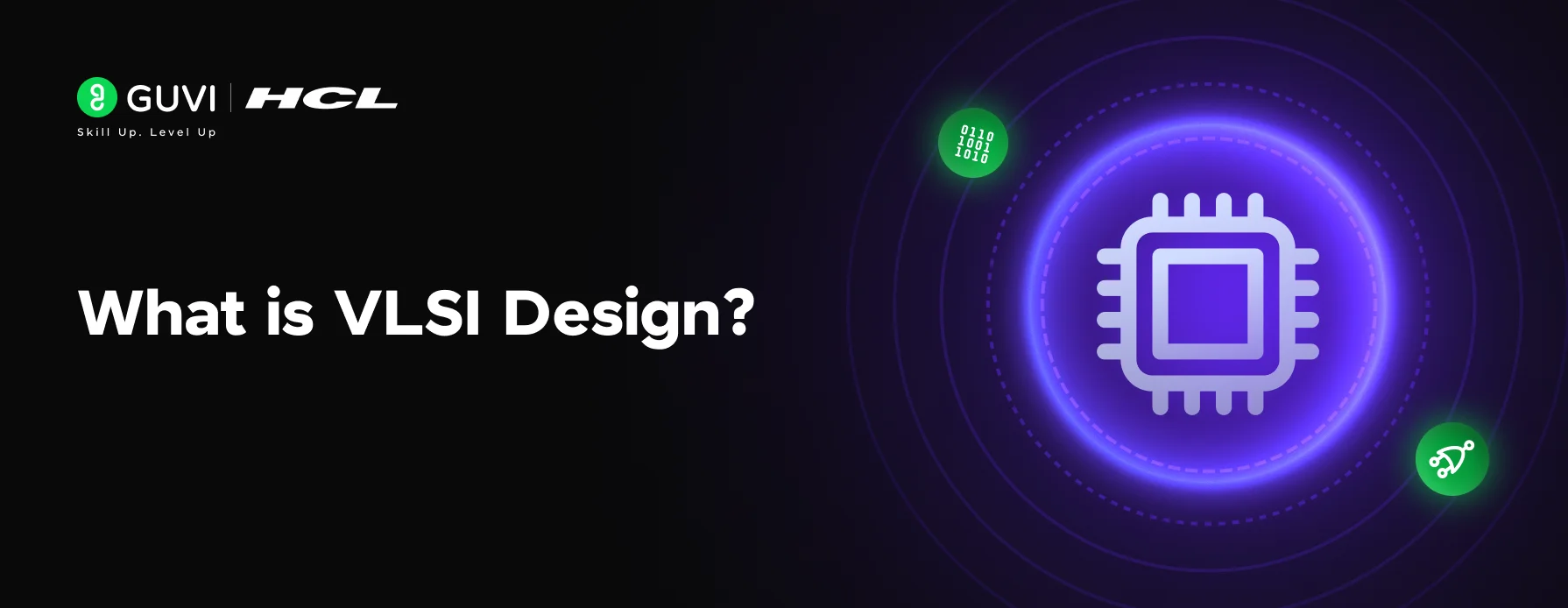
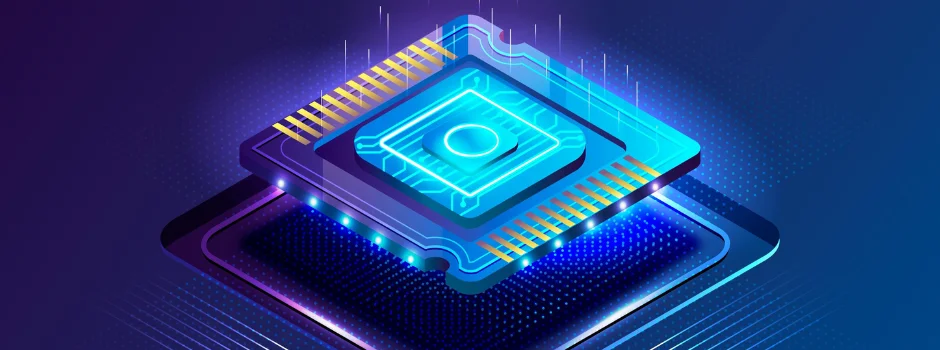
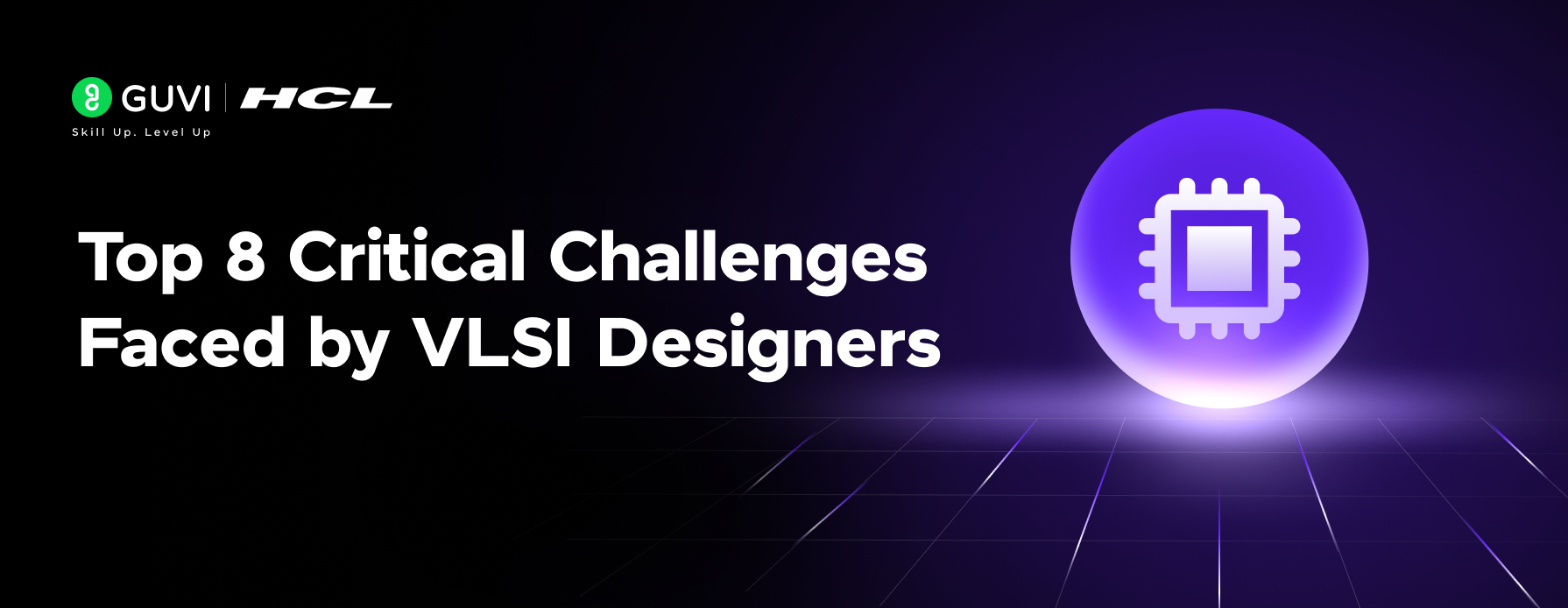
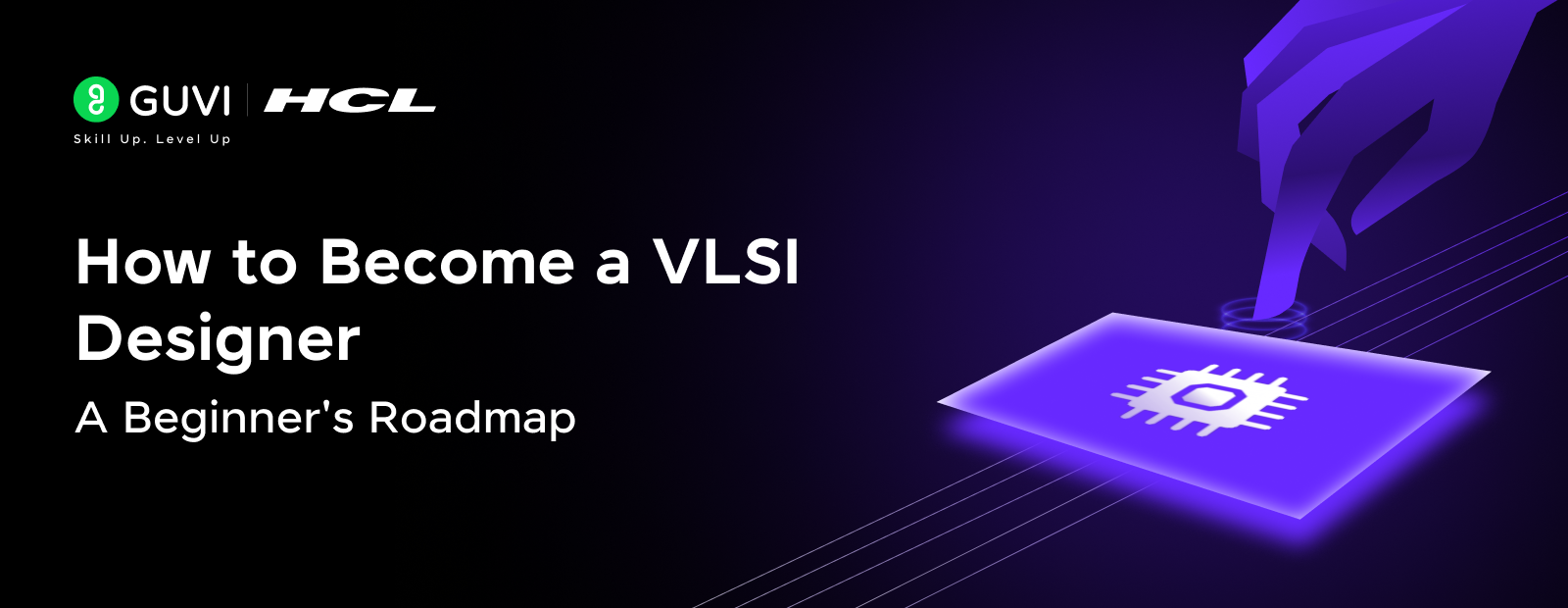
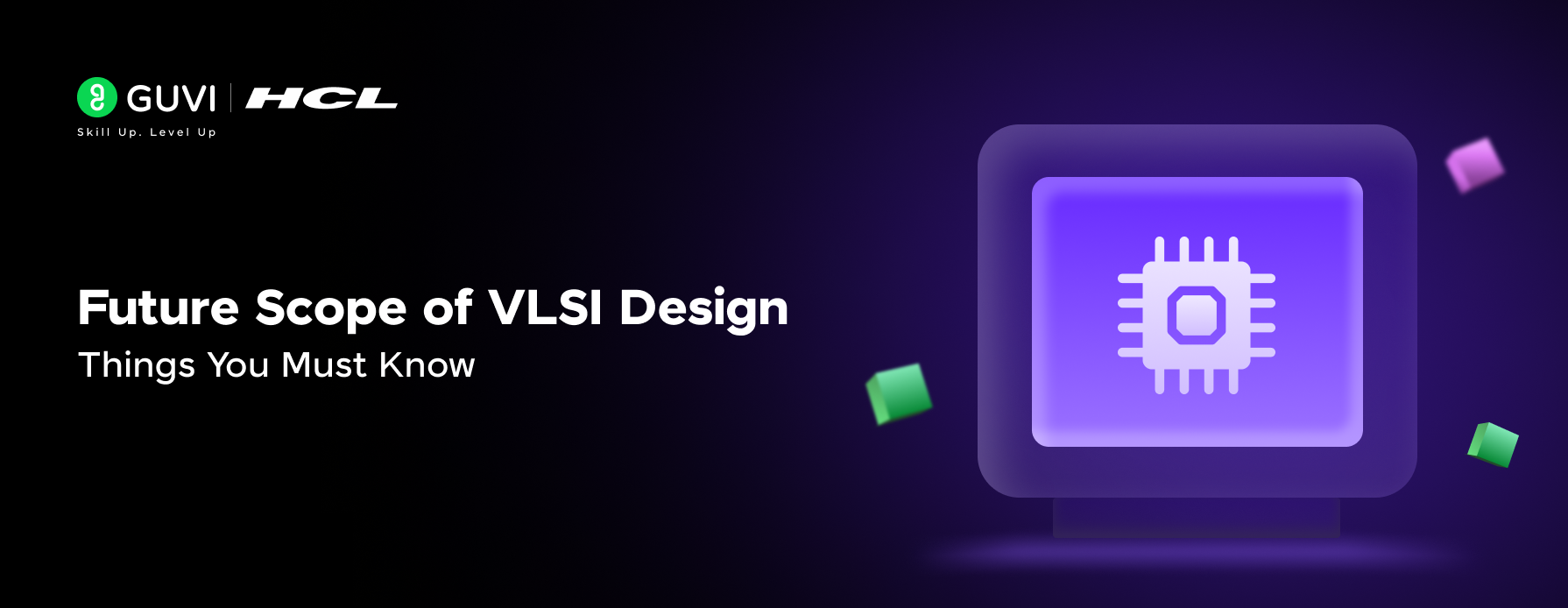


Did you enjoy this article?